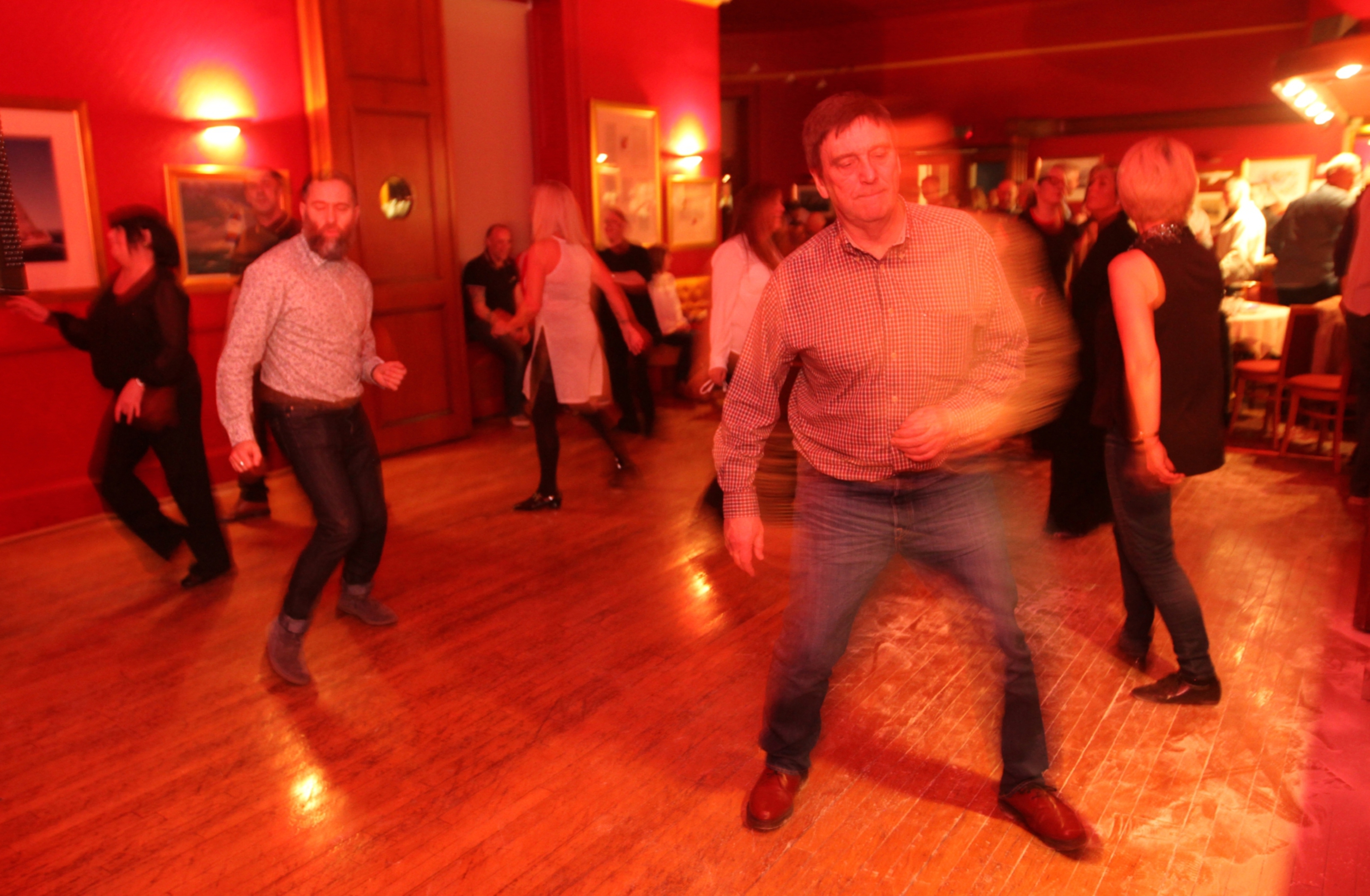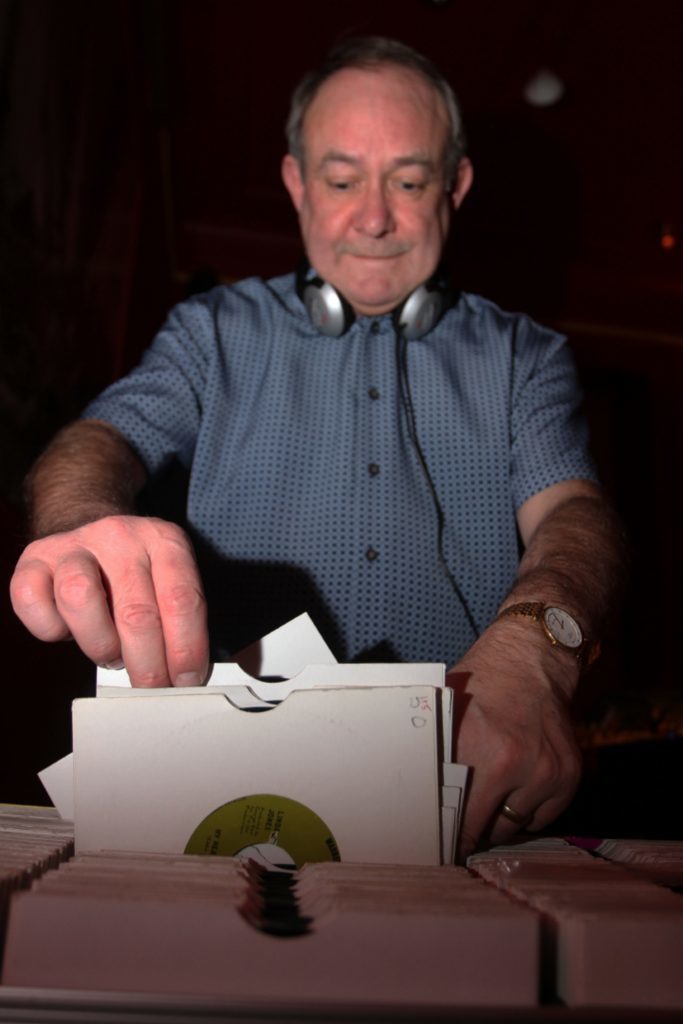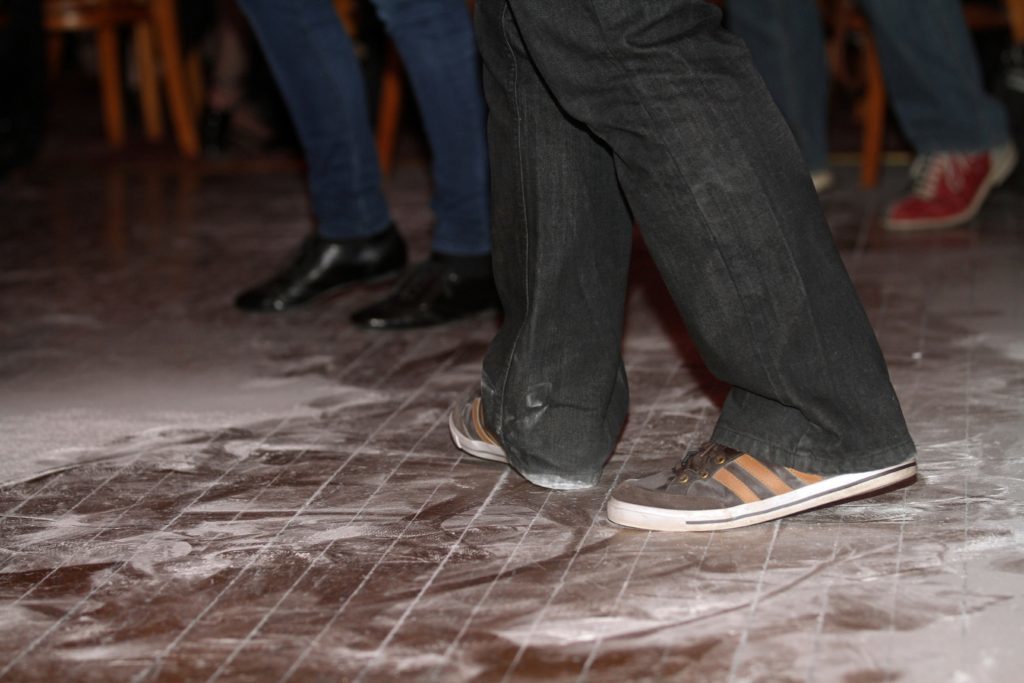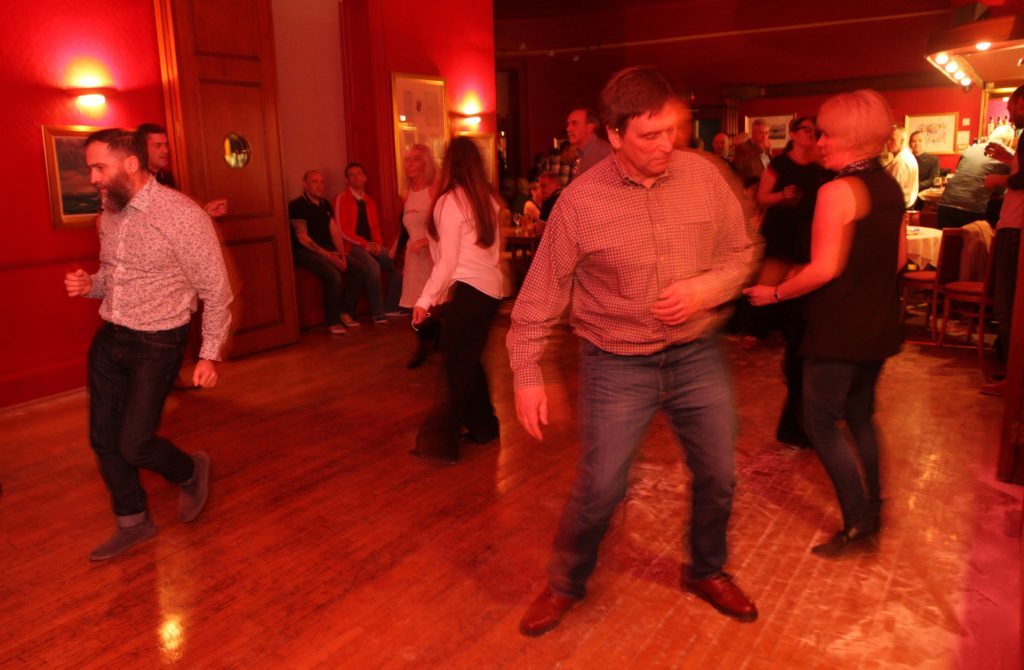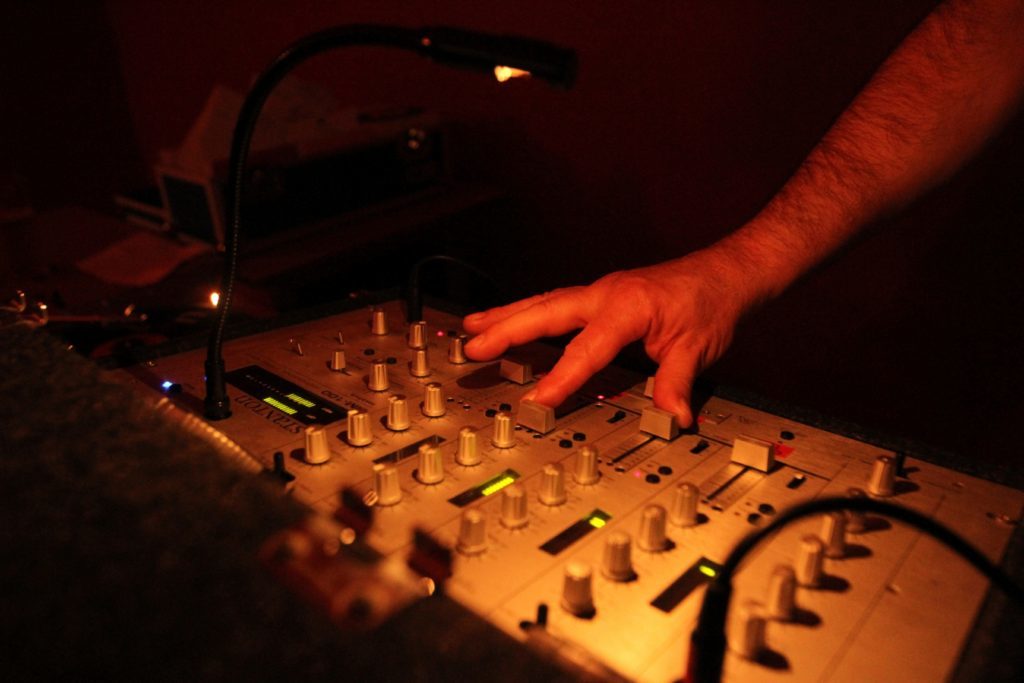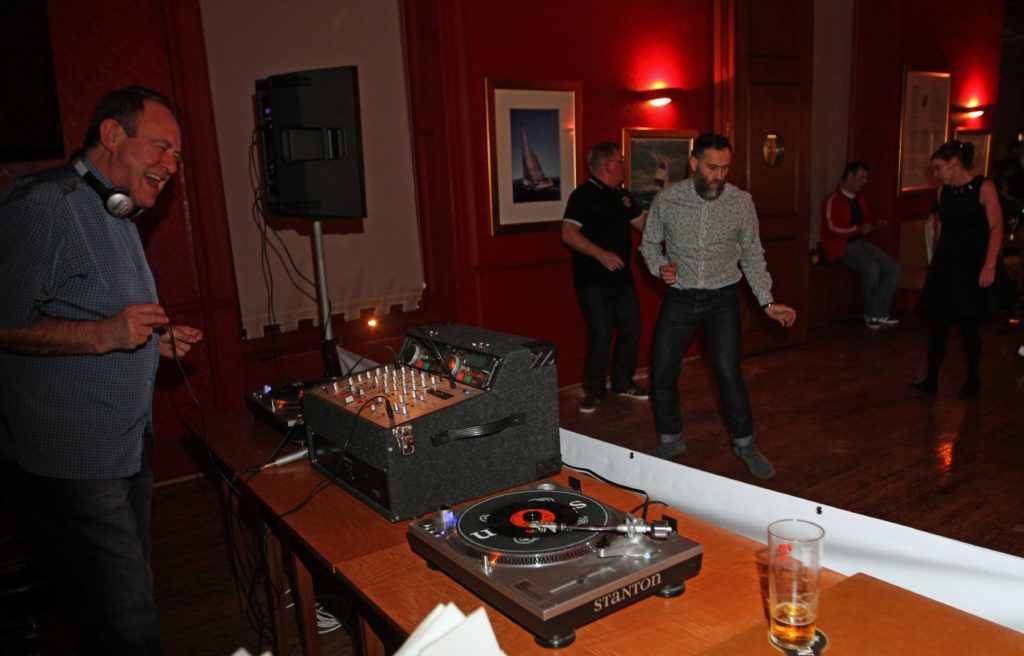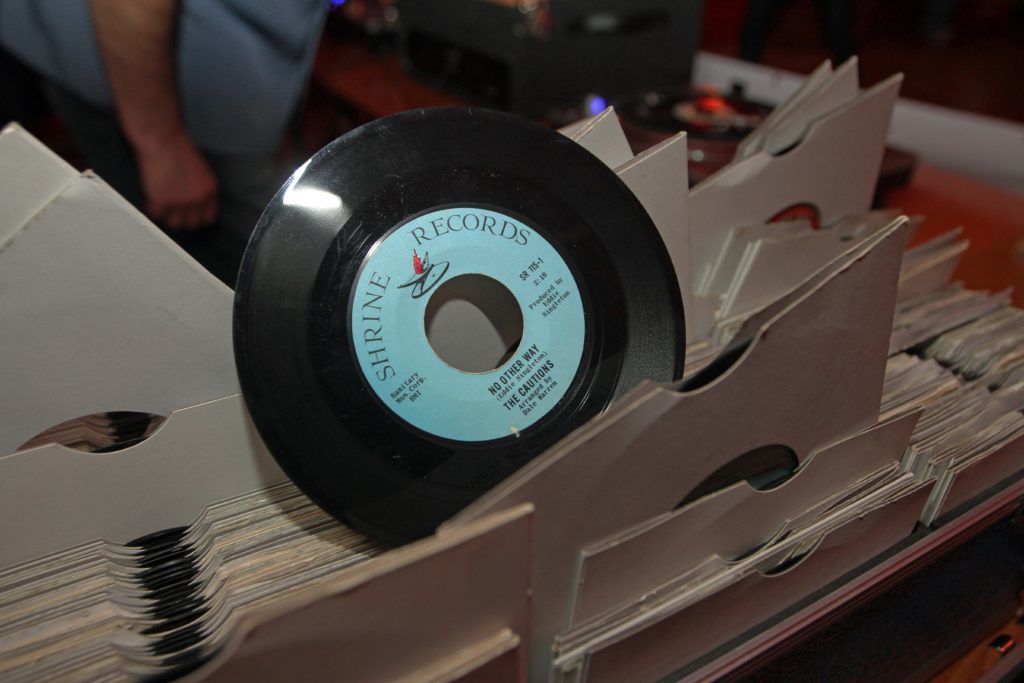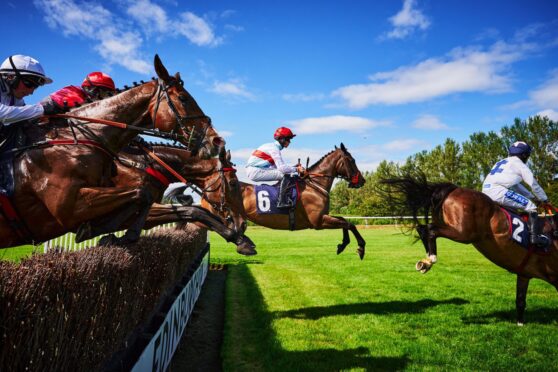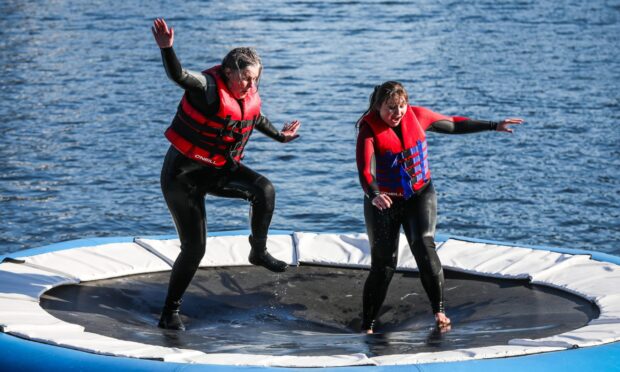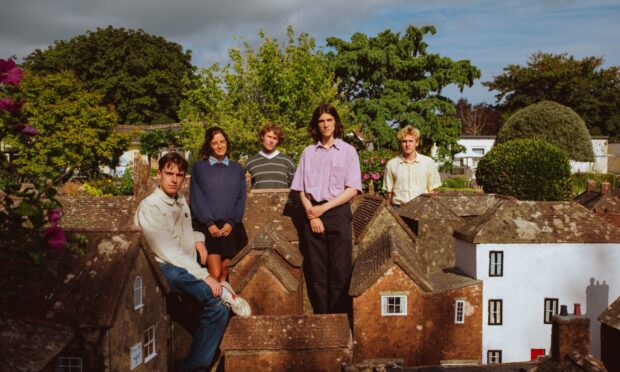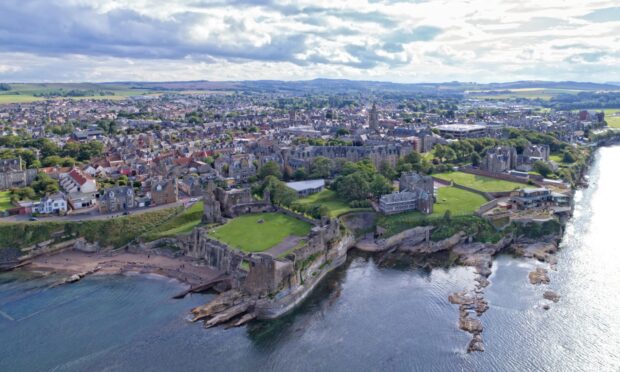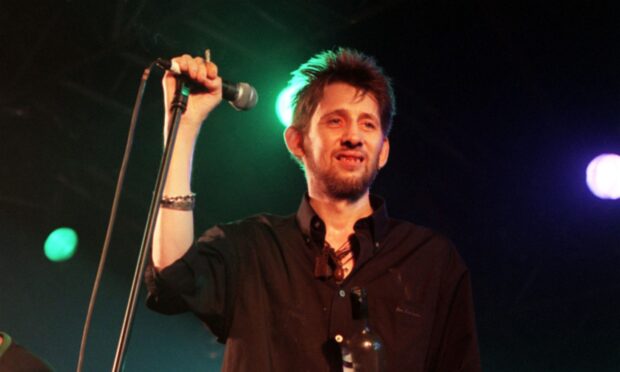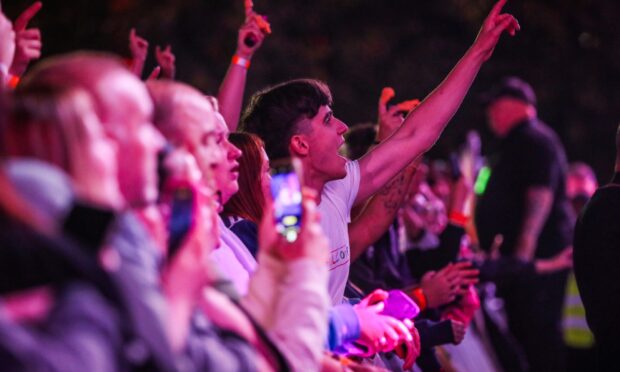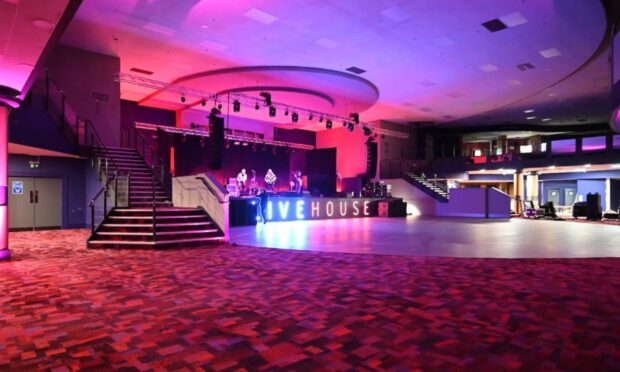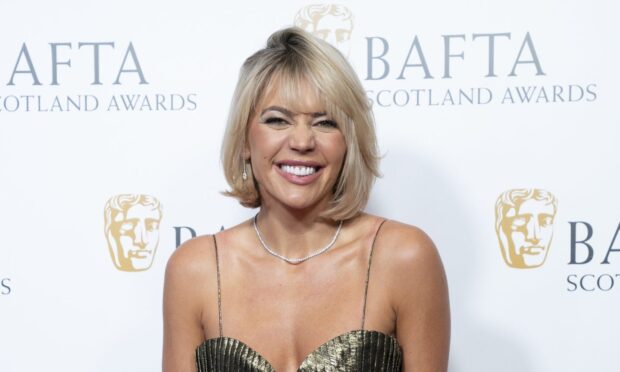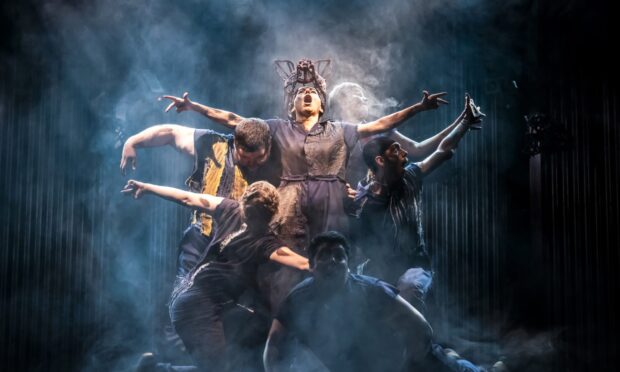Britain’s Northern Soul scene exploded in the late 1960s, with the first “all-nighter” at Wigan Casino in 1973. Before long, it was huge in Dundee and it’s still thriving today, as Gayle Ritchie discovers when she chats to a soul aficionado
Saturday night on a Dundee dance floor and dozens of men and women are shuffling, sliding, stomping, side-stepping and spinning their bodies to the music.
Dancing on their own, a look of concentration fixed on their faces, they move in time to the pounding beat.
On the decks, playing Northern Soul, is Alan Watson, one of the genre’s biggest fans, spinning vinyl from his collection of almost 1,000 records.
Alan, 59, has been in love with the scene since it brought he and his wife-to-be, Marguerite, together in 1975.
“We were on our first date, at the Royal Centre Hotel in Dundee, and the DJ was playing the usual pop and chart music,” he recalls.
“Half way through the night, the music changed and ten guys jumped off their seats and went onto the dance floor on their own. I’d never seen anything like it.”
The record Alan remembers playing was by American soul singer Edwin Starr and the DJ carried on playing Motown-influenced tunes.
Alan, then 18, discovered the dancers were involved in the Northern Soul scene – a music and dance movement that emerged in Northern England in the late 1960s with DJs playing the most obscure American soul singles.
Usually, these records sounded like Motown, Chicago soul, or New York soul, but they were records by unknown or under-appreciated performers.
“I was totally hooked,” says Alan, a manufacturing engineer.
“It was a combination of hearing records nobody had ever heard of and the unique style of dancing.
“There was a lot of sliding, shuffling and spinning and you danced on the beat.”
Like dozens of Dundonians, Alan headed to Wigan Casino – the heart of Northern Soul “all nighters” – where they heard the breaking sounds that would define the classic Northern sound.
Describing Dundee as a “real stronghold” of the Scottish scene, Alan recalls regular Northern Soul nights in the Marryat Hall and Queen’s Hotel.
“More traditional nightclubs like Tiffany’s and The Sands in Broughty Ferry would oblige a 30 minute spot for our records where folk looked at us as if we had two heads!” he laughs.
“We didn’t care because we loved it so much.
“Northern Soul didn’t suit what was hip in the 60s; it dismissed music that reached the US charts. What made it special was the particular beat and sound and the rarity of recordings. It was the most underground scene ever.”
As Alan’s vinyl collection continues to grow, he focuses on recently discovered 60s and 70s records, but he also collects the best “oldies” such as No Other Way by The Cautions, on the rare Shrine label.
Alan is quick to shake off any ideas that he’s living in a nostalgia bubble.
“For me, it’s definitely not about haircuts and clothes although some do wear baggy trousers, vests with badges sewn on and towels hanging from their belts.
“While some clubs cater for the retro scene with the clothes and famous “500 Top Northern” records we heard in 1975, our club keeps it a bit more progressive.
“I believe the scene needs to keep moving forward and embrace records that we never knew existed back then.”
Along with his pal Shug Robertson, Alan promotes the Dundee Soul Club which runs at the Royal Tay Yacht Club, with the next night on May 6.
It’s an intimate space always packed with dancers. “When we get 70 or 80, it’s a great atmosphere,” says Alan.
“There are lots of regulars and we get a lot of support from people travelling from Aberdeen, Edinburgh and Fife. It’s a very friendly venue and everyone is welcome whether you’re a Northern Soul veteran or want to come and see what it’s all about.
“We’re also really keen to try and bring in new blood and younger people as the vast majority of people were on the scene in the 70s.”
